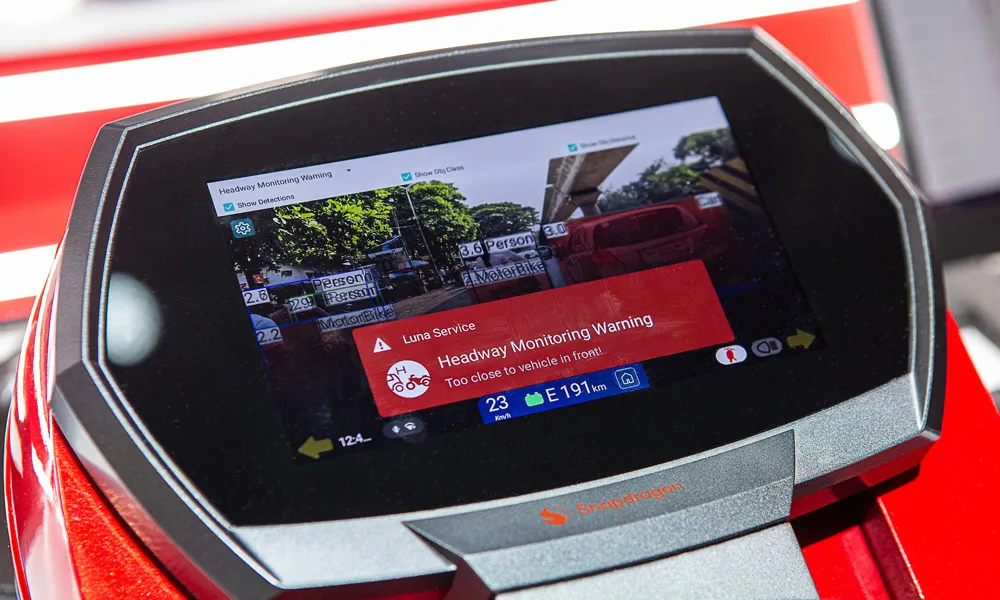Competitive advantage is on offer from production of highly sophisticated demand forecasts by Smartlane Mobility Intelligence. The Smartlane software application uses machine learning algorithms and data architectures based on geospatial traffic data and vehicle fleet records.
October 8, 2015
Read time: 1 min

Competitive advantage is on offer from production of highly sophisticated demand forecasts by Smartlane Mobility Intelligence. The Smartlane software application uses machine learning algorithms and data architectures based on geospatial traffic data and vehicle fleet records.
Companies and organisations such as fleet and car or bike sharing operators, transport services, cities or researchers can receive powerful visualised forecasts – of vehicle and parking space occupancy or demand and fleet travel times, for example.
Smartlane draws its expertise from the founders’ experience of over 20 years working in data-driven transport research. The software uses innovative techniques to allow customers to run the application in-house.










